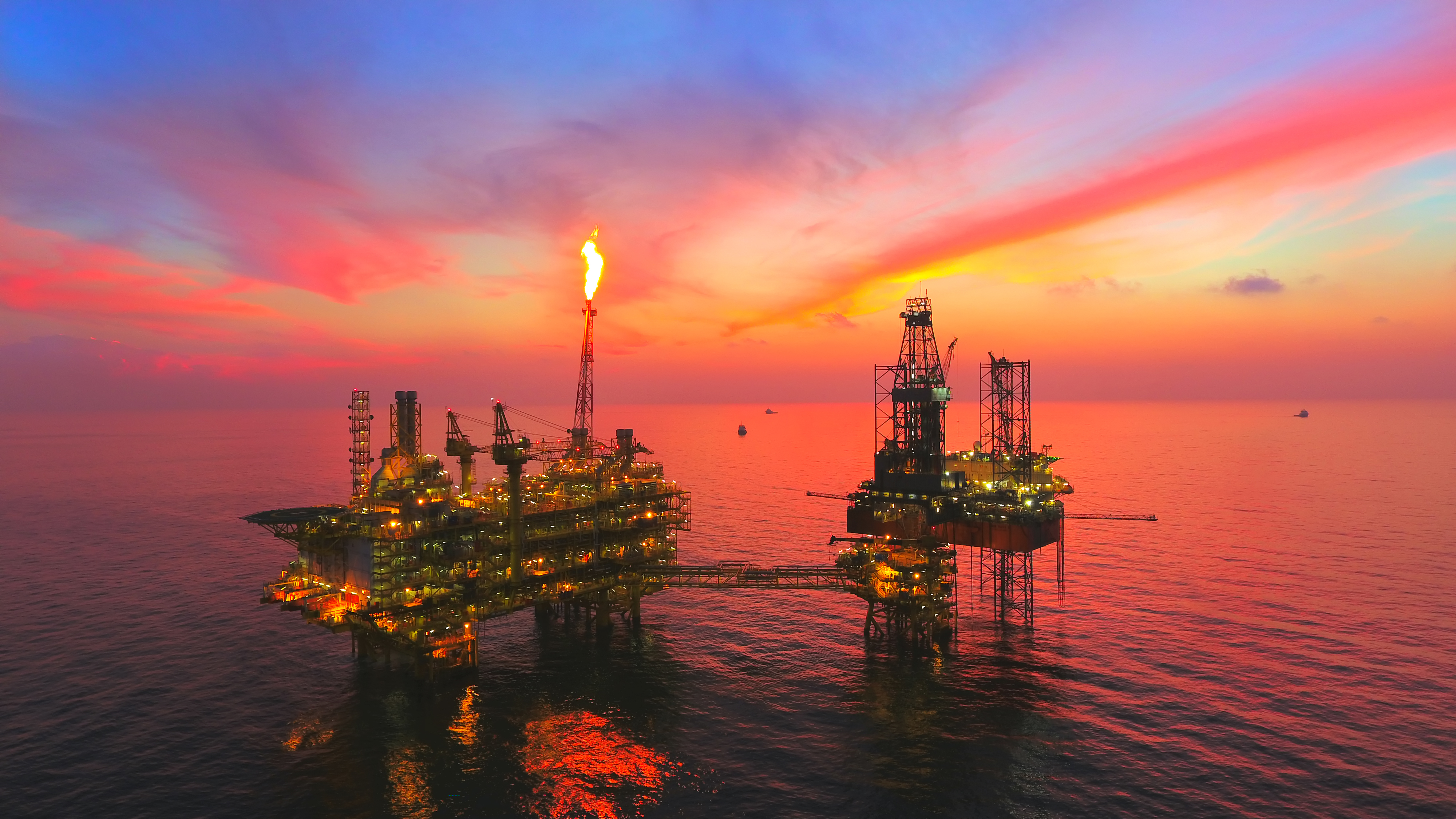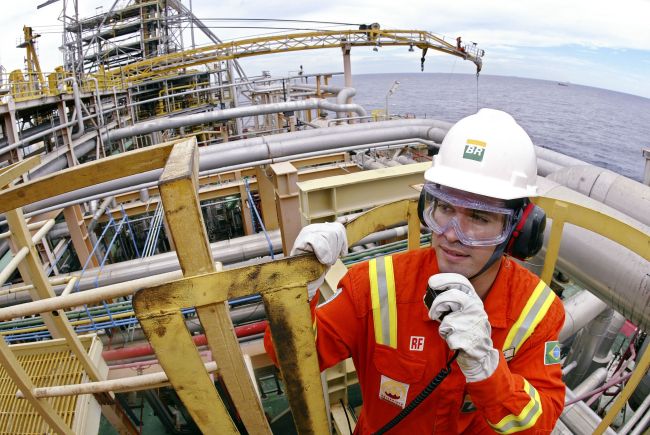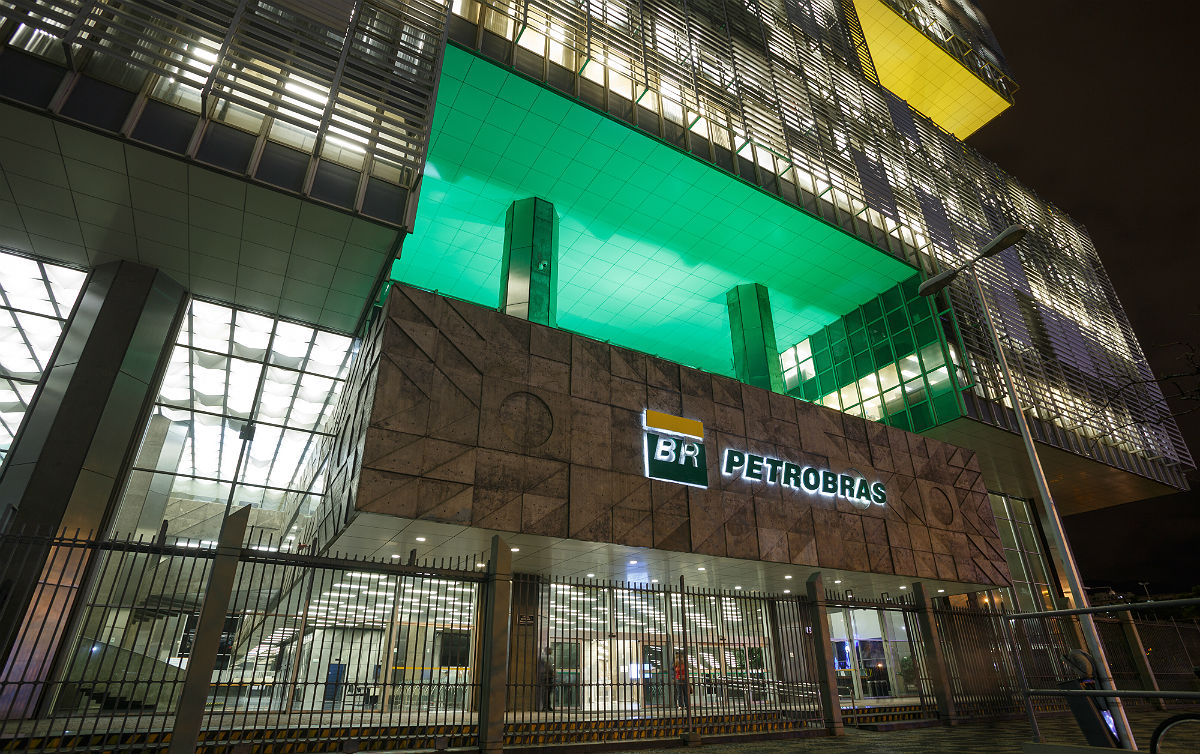The hike in diesel prices by Petrobras in refineries is imminent, Valor has learned. The product had, on Friday, a difference of about 20% in relation to prices on the global market. A partial recomposition of prices, in relation to the international parity, is important, at this moment, not only for Petrobras but also for other market players, such as private refineries and importers. The measure, if confirmed, will relieve the pressure on the state-owned company, and may facilitate the purchase of the product abroad by smaller companies, reducing the risk of shortages, a hypothesis that has been denied both by the company and the government.
The situation is complex, which has required discussions at Petrobras’s top management. On Friday, at the end of the day, the board of directors of the oil giant met to analyze a possible position facing the continued attacks of President Jair Bolsonaro on the company, as anticipated on Friday, Valor PRO, the real-time news service of Valor.
A response would be necessary in the face of president Bolsonaro’s virulence. On Thursday, moments before the release of Petrobras’s first quarter results, he compared the company’s profit to a “rape”. On Saturday, in Santa Rosa (state of Rio Grande do Sul), Mr. Bolsonaro criticized Petrobras again, saying that “no one can stand” the fuel increases. Informed about everything that happens in Petrobras, he speaks to his supporters knowing the limitations to intervene in the state-owned company.
Valor has found that there was no consensus in the board to produce a statement. The answer should come, therefore, in the form of a diesel hike by the company in a percentage that would cover most of the current gap. Petrobras did not immediately reply to a request for comment.
The market scenario for diesel is worrisome. On the external front, the price continues to rise as a result of the post-pandemic recovery and supply cuts resulting from the war in Ukraine. Russia accounts for about 25% of global diesel exports. The past few weeks have seen record diesel price increases in the United States.
The refining margins on diesel are twice as high as on gasoline. The increase in the price of the product in the Northern Hemisphere has effects for imports in Brazil. The diesel that will arrive in the country in July is being purchased now. But the extent to which Petrobras holds back the rise inhibits imports, since the price of the imported product arrives in Brazil at a higher price than that sold at the Petrobras refineries.
In the domestic market, the demand for diesel is still on the rise and there are concerns that the growth in consumption, driven by agribusiness, may lead to shortages in the second half of the year in some regions. The government and Petrobras have denied there is a risk of shortage of the product, which is fundamental to the farming and livestock sector and is essential in cargo transportation.
In an interview to Valor, Décio Oddone, former director of the National Petroleum Agency (ANP), also said he doesn’t believe in a shortage as long as the country follows the external price “fluctuations”.
On Friday, commenting on Petrobras’s results in the first quarter, Chief Trading & Logistics Officer Claudio Mastella ruled out the risk of shortage in the country. He said that the market is supplied by the national refining park and imports. Petrobras monitors the international markets and evaluates fuel prices daily, said Mr. Mastella.
/i.s3.glbimg.com/v1/AUTH_37554604729d4b2f9f3eb9ad8a691345/internal_photos/bs/2022/F/g/xuDm7bT7ATqAURtJkXOg/52005018429-57943d7a10-o.jpg)
Still on Friday, the CEO of Petrobras, José Mauro Coelho, said that the state-owned company is one of the companies that most collects taxes and government participation for the different spheres of government, with more than R$70 billion collected between January and March. Mr. Coelho said that the company is not insensitive to society, and cited the company’s program to help low-income families to have access to liquefied petroleum gas (LPG).
(Nelson Niero, in São Paulo, contributed to this story)

/i.s3.glbimg.com/v1/AUTH_37554604729d4b2f9f3eb9ad8a691345/internal_photos/bs/2022/e/5/LyoVLgThAv9a62EVB7hA/petrobras-leo-pinheiro-valor.png)

/i.s3.glbimg.com/v1/AUTH_37554604729d4b2f9f3eb9ad8a691345/internal_photos/bs/2022/R/f/ZoLq1HQi2BV9gObZAz8Q/07emp-100-petrob-b6-img01.jpg)
/i.s3.glbimg.com/v1/AUTH_37554604729d4b2f9f3eb9ad8a691345/internal_photos/bs/2021/k/g/iT7eOPR2CT5MCBsIGoyg/114450032.jpg.jpg)
/i.s3.glbimg.com/v1/AUTH_37554604729d4b2f9f3eb9ad8a691345/internal_photos/bs/2021/x/2/bAvIGySuCnyfbSDQhnkg/pre.jpg)
/i.s3.glbimg.com/v1/AUTH_37554604729d4b2f9f3eb9ad8a691345/internal_photos/bs/2022/B/6/D9PPWGRl6Go6igMC8F4Q/21emp-100-petrobras-b4-img01.jpg)

